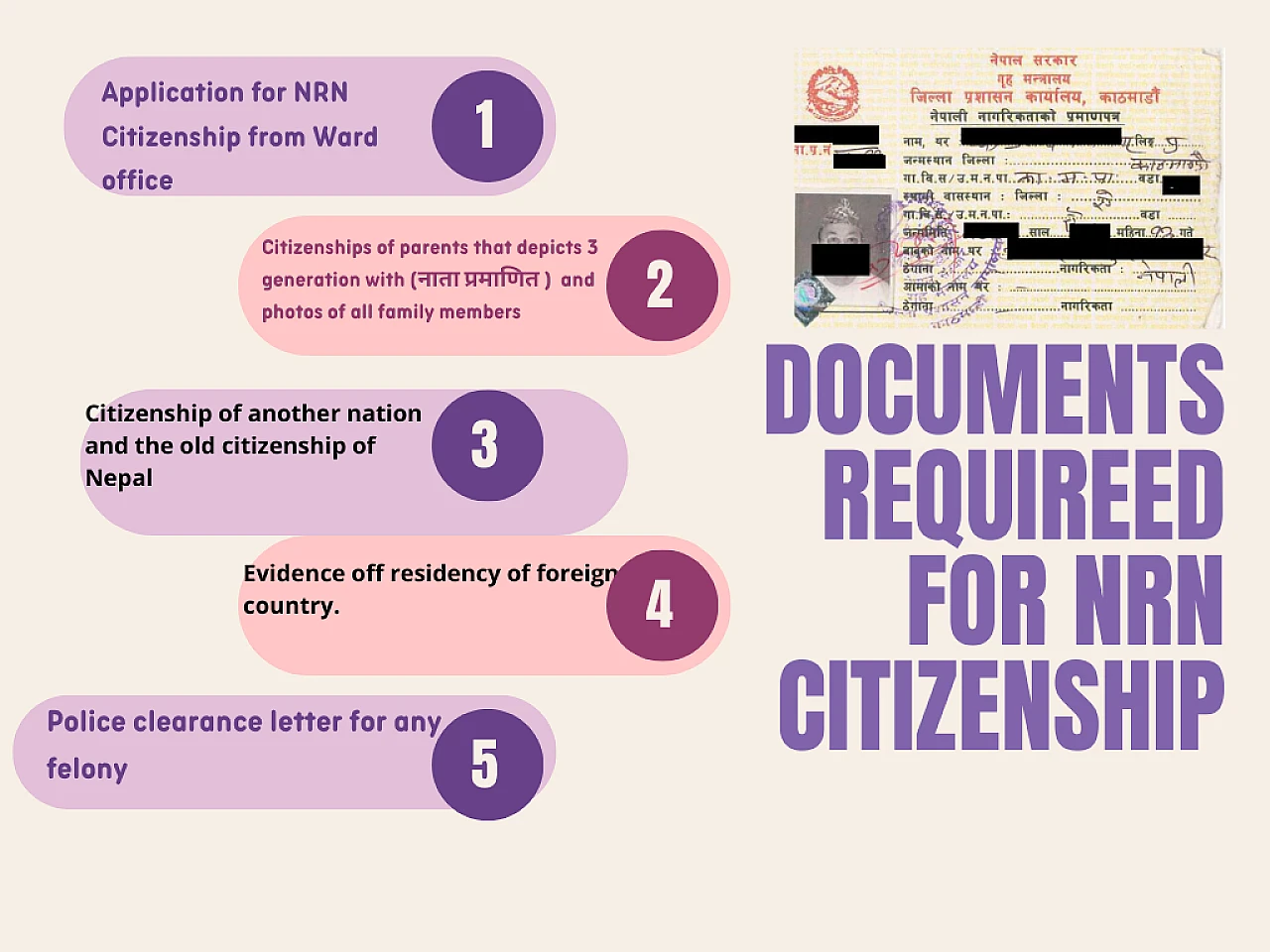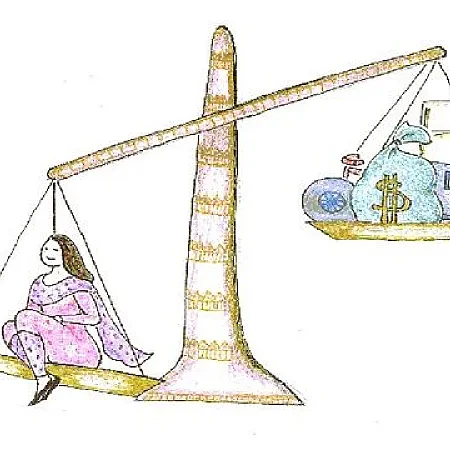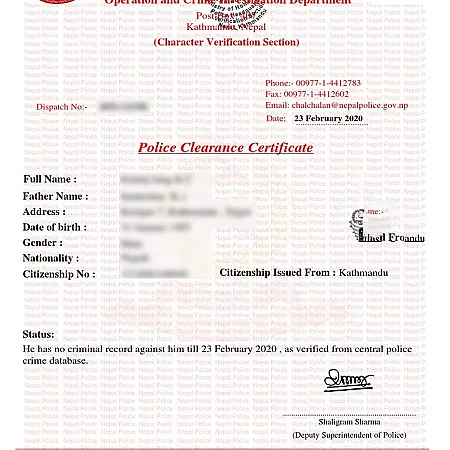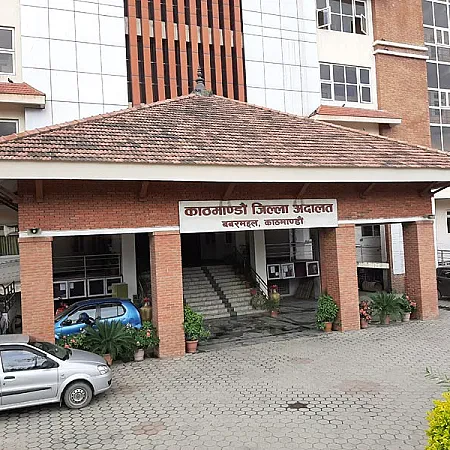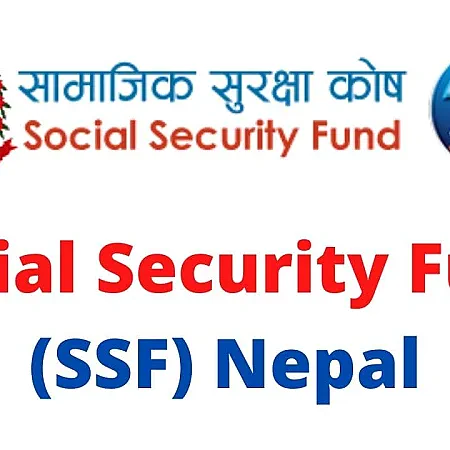Non-Resident Nepali (NRN) citizenship acquiring procedural in Nepal 2025.
What is dual citizenship?
Legally dual citizenship comes down to the sole idea of nationality and claim of nationality of two countries. Dual citizenship is a democratic and global concept where one natural person can acquire citizenship of two nation simultaneously. This allows one to hold passports of two countries and enjoy rights and obligations of both the nation. Many countries recognize dual citizenship but Nepal doesn’t allow dual citizenship. According to the citizenship act 2063 dual citizenship is not allowed in Nepal.
Who are NRN?
The nonresident Nepali has been defined by Non- resident Nepali Act, 2008 as:
- Foreign citizen of Nepalese origin – It includes a person who him/herself or whose father, mother grandfather or grandmother was a citizen of Nepal at any time and has subsequently acquired the citizenship of any other foreign country that is not a member of the South Association of Regional Cooperation (“SAARC”).
- Foreign citizen of Nepalese origin – It includes a person who him/herself or whose father, mother grandfather or grandmother was a citizen of Nepal at any time and has subsequently acquired the citizenship of any other foreign country that is not a member of the South Association of Regional Cooperation (“SAARC”).
- NonNepali resident are those individuals who were previously the citizen of Nepal, but now through the process of getting and granted citizen of foreign nation are not the citizen anymore. In Nepal these individuals can acquire NRN citizenship by cancelation of citizenship of inheritance.
What are the laws governing NRN citizenship in Nepal?
- Firstly, the constitution of Nepal 2072
- Secondly, Nepal citizenship act 2063
- Thirdly, Nepal citizenship rules 2063
Administrative office where NRN citizenship can be applied.
- The district administration office of respective district. https://daokathmandu.moha.gov.np/.
Who can apply for NRN citizenship?
- According to section 10 citizenship act 2063 one who has citizenship of another nation can apply for NRN citizenship by cancelling their citizenship of decent.
Administrative bodies in Nepal that involves in NRN citizenship acquisition
- The local ward office
- The district administration office.
Documents required for acquiring NRN citizenship
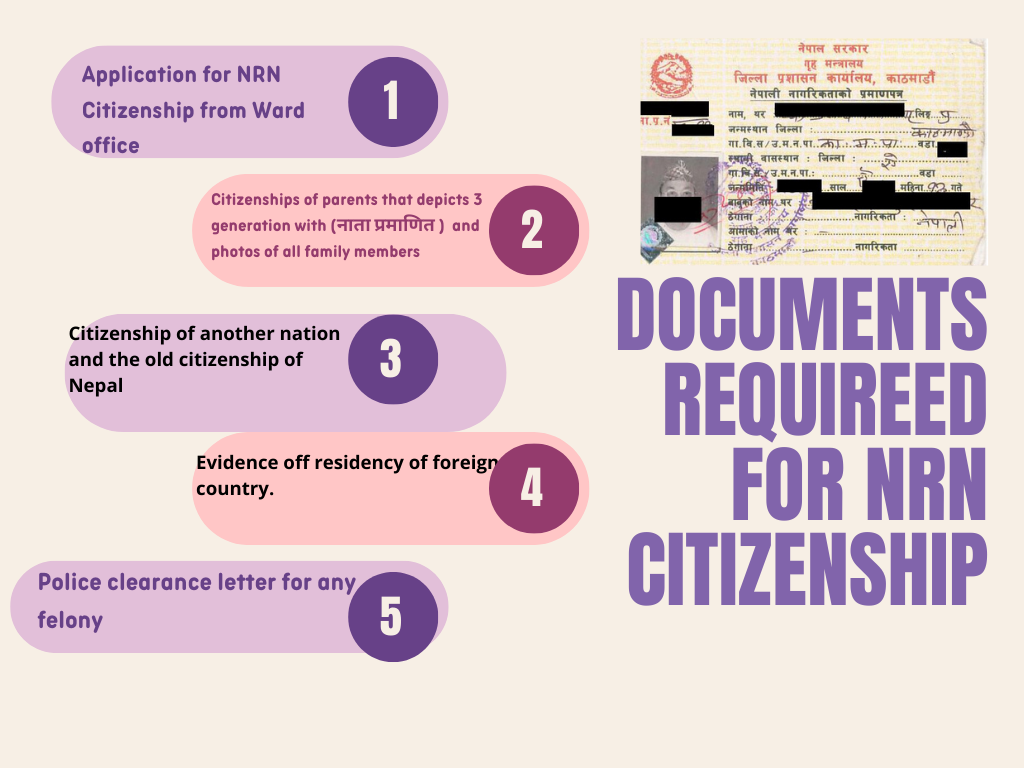
- Application for NRN citizenship from the local ward office where the original citizenship was issued.
- Citizenship of parents, (नाता प्रमाणित) and passport size photo to prove 3 generation.
- Old citizenship or if not application of old citizenship from the local ward.
- Citizenship and passport of the foreign country.
- Evidence of residency of the foreign country.
- Police clearance letter for any felony.
Procedural for acquiring NRN citizenship
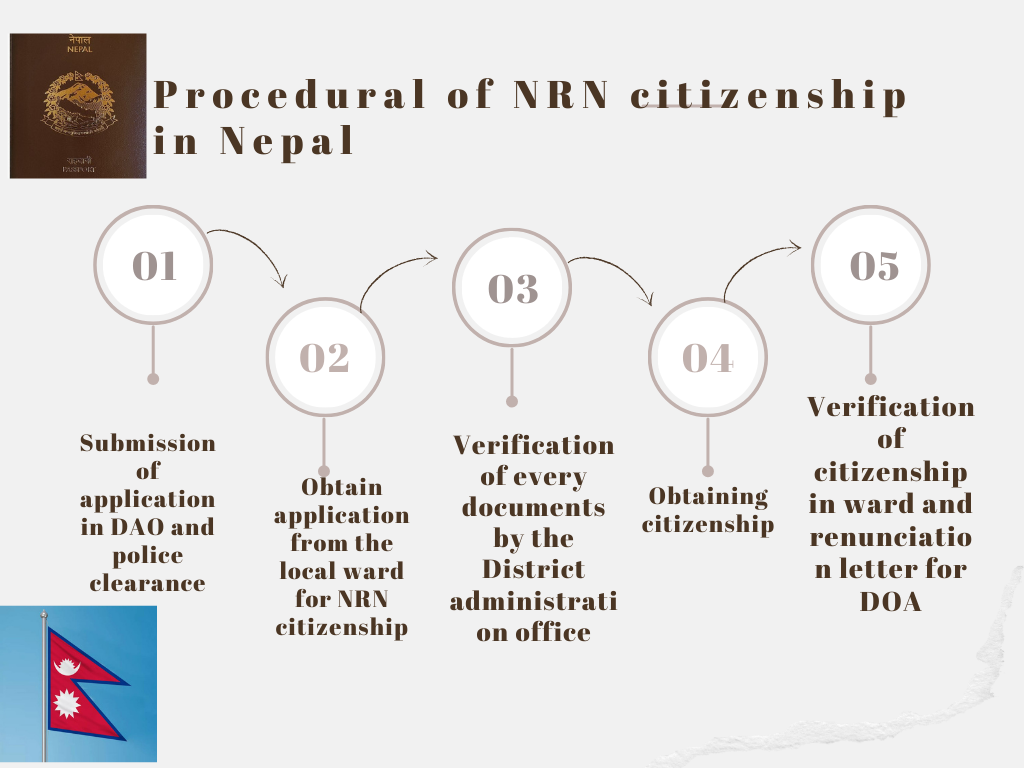
The formal procedural of acquiring citizenship as a NRN in Nepal goes through process that involves government authorities like the local ward office and the district administration office.
- Submit Application in District Administration Office
- District Administration Office will write a letter to concerned police office for police record.
- Police office provides the details to District Administration Office after necessary investigation and procedure.
- Obtain Citizenship Renunciation letter from District Administration Office.
- File an application to concerned local level Ward Office for recommendation letter of NRN Citizenship.
- Obtain Recommendation Letter from the Relevant Ward Office for NRN Citizenship.
- Verification of applicant by Nepalese Relative before DAO.
- Obtaining NRN Citizenship.
- Verification from the ward and renunciation letter from the DAO.
Some rights given to NRN
- Right to Open Bank Accounts
NRNs are prescribed the right to open and indulge bank accounts in commercial banks and other financial institutions that are licensed by the Nepal Rastra Bank. This enables them to manage their financial in Nepal, conduct transactions, and invest in the local economy.
- Investment Opportunities
NRNs are allowed to invest in Nepal in convertible foreign currency. However, any such investment project must include a minimum of 50% ownership or partnership by Nepali citizens. This provision ensures the involvement of local stakeholders while encouraging foreign investment.
- Tax Regulations
NRNs do not receive any special tax exemptions or leverage under current laws. They are subject to the same tax regulations as other investors or property owners in Nepal. This includes income tax, capital gains tax, and any other applicable fiscal responsibilities.
- Right to Own Property
Non-Resident Nepalis are allowed to own property in Nepal. They can purchase residential or commercial real estate, provided that the acquisition complies with legal procedures and government rules. However, this right is subject to certain restrictions and may vary depending on their citizenship status (i.e., whether they have foreign citizenship or retain Nepali citizenship).
Conclusion
In 2025, Non-Resident Nepali (NRN) citizenship offers a legal way for people of Nepali origin with foreign citizenship (outside SAARC) to stay connected with Nepal. Though Nepal doesn’t allow dual citizenship, NRN status allows rights like property ownership, banking, and investment. The process includes canceling Nepali citizenship, submitting documents, and getting approvals from local and district offices. It’s a key option for the Nepali diaspora to maintain ties with their roots.
